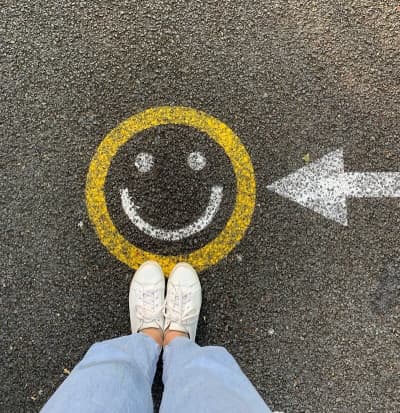People often communicate and present ideas very differently. Sometimes this can be a problem, sometimes it’s an advantage. The important bit is for each party to firstly be aware of the differences and secondly (and importantly) receive the information using that awareness.
For example, I learned over time that when I said to my partner:
“I’m exhausted thinking about what we need to get through today, why did we even offer, I don’t want to do this, I can’t do this (tears)…”
…I should have instead said:
“I’m worried - I can’t get through all of this on my own, can we write a list, allocate priorities, who will do the job, then can you cuddle me and reassure me that everything is going to be ok?”
And if I only managed the first version, my partner could have been aware it was all I had, and received it differently.
As it turned out, this one piece of knowledge (for each of us) was never going to be enough to save our personal togetherness even if we’d known it, but it would have provided a little gap through which we may have glimpsed the whole wood instead of seeing only trees.
Similar can be said for discussions with our doctors. Time is so very precious within an appointment that it is important not to give over that time to hoping that your deepest thoughts and concerns will be understood if they have not been said out loud.
If you think you’re slipping, say it.
If you don’t like a medication or question whether it’s working, ask for reassurance.
If you would like to try something, tell them.
If you wonder whether you’re doing something wrong, say that.
Recently I had a wonderful experience with a doctor I hadn’t seen before. Some doctors are gifted in communication, others not so much, but all have a pool of knowledge and, ultimately, they hope not to see us, for the best reasons!
You can ask yourself “what do I need from this meeting” and then ask them for precisely that. Good luck!
Love from



Comments
You need to be Logged In and a Moodscope Subscriber to Comment and Read Comments